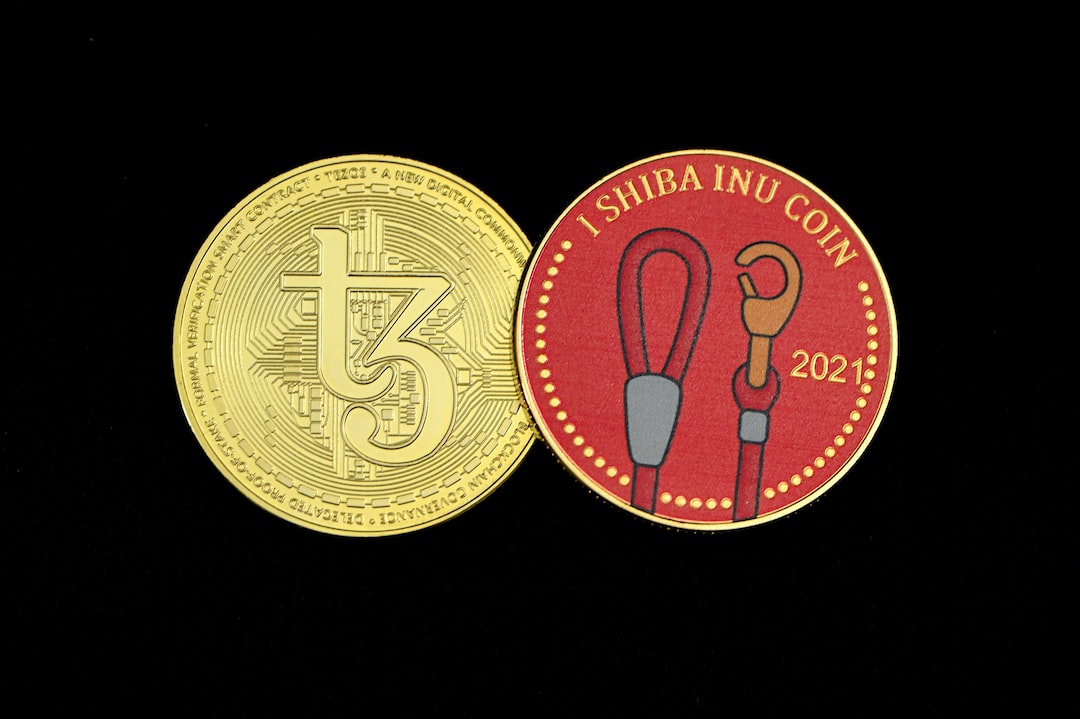Can Argentina Function Without a Central Bank?
The image of a presidential candidate destroying a model of the central bank with a sledgehammer will not leave Argentines’ memories for a long time. But once President-elect Javier Milei is seated on the throne on Dec. 10, will he still have the courage to follow a winding and risky path?
Argentina’s Economic Challenges
Argentina carries — with its nine defaults — the title of world champion in the category of defaulting on risk. It is currently the International Monetary Fund’s largest creditor, and with a credit risk assigned by Fitch Ratings as CCC — fourth from the bottom score — it needs to fundamentally change its economy.
Living Without a Central Bank
It is not impossible for a country to live without a central bank. Currently, there are 198 countries and 180 currencies. Ten percent of countries do not use their own currency.
The IMF’s Influence
The IMF likes central banks, and as Argentina’s main creditor, its opinion will be very important in the process.
Replacing Argentina’s Monetary Base
Argentina’s monetary base stands at $7.7 billion. One option for replacing it could be adopting the U.S. dollar and subsequently accepting Bitcoin.
Allowing Market Forces to Decide
Milei may allow the market to decide which currencies succeed in Argentina rather than enforcing “legal tender” status for one particular currency.
Encouraging Capital Inflows
The new exchange-rate rules may encourage Argentines to bring their savings back into the country.
Unifying Exchange Rates
The future government is likely to unify all exchange rates and decree the currency’s free convertibility.
The Role of the Treasury
A country can work without a central bank, but it cannot function without a treasury that controls inflows and outputs.
Efficiency and Fiscal Policies
Without a central bank, a country must be extremely efficient with its fiscal policies and operate with lower leverage.
Hot Take: Argentina’s Path Without a Central Bank
As Argentina prepares for President-elect Javier Milei to take office, the question arises: Can Argentina function without a central bank? While it is not impossible for a country to live without a central bank, the challenges are significant. The International Monetary Fund’s influence will play a crucial role in shaping Argentina’s future. Replacing the monetary base and allowing market forces to decide on currencies are potential strategies. Unifying exchange rates, encouraging capital inflows, and efficiently managing fiscal policies are also important considerations. As Milei embarks on this winding and risky path, only time will tell if Argentina can successfully navigate its economic transformation.





 By
By
 By
By

 By
By
 By
By